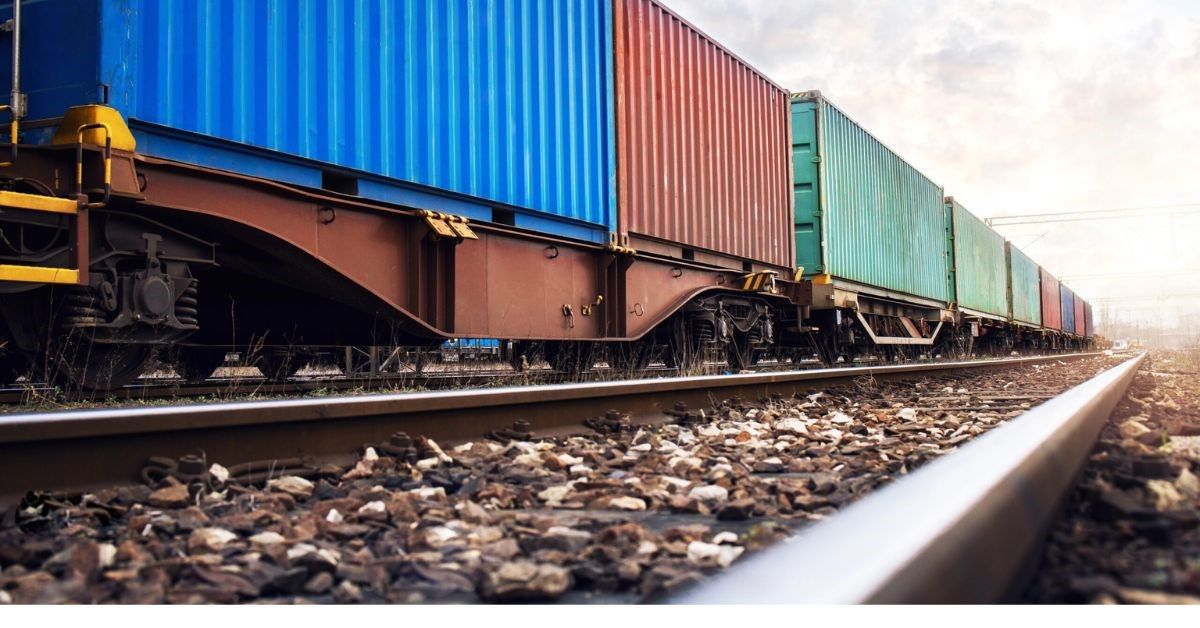According to the standing committee on railways’ most recent report, the average speed of freight trains over the previous 11 years was barely 25 kilometers per hour. According to the committee, improving the freight train’s speed is crucial for raising Indian Railway’s revenue.
In 2013–24, freight trains traveled at an average speed of just 25.14 km/h.The Committee is aware that Indian Railways has begun building two dedicated freight corridors: the Western Dedicated Freight Corridor, which will run from JNPT (Mumbai) to Dadri (1506 km), and the Eastern Dedicated Freight Corridor, which will run from Ludhiana to Sonnagar (1,337 km). The committee, which submitted its report to Parliament on December 13, 2024, stated that the EDFC work was finished and that the remaining 102 km of the WDFC from Vaitarna to JNPT should be finished by December 2025.
Indian Railways makes the majority of its revenue from freight services. Indian Railways generated Rs 1,68,293 crore in revenue in 2023–2024 and aims to reach Rs 1,80,000 crore in 2024–2025. The ministry was also encouraged to move quickly on new DFCs by the standing committee, which is led by Andhra Pradesh BJP leader CM Ramesh.
Concerns over the gradual advancement of Kavach, an automated train safety system, were also voiced by the Parliamentary committee. Kavach has been used on 80 route kilometers on the North Central Railway and 1,465 route kilometers on the South-Central Railway thus far. The Committee is also aware that tenders have been issued for key corridors, including Mumbai-Chennai and Delhi-Chennai. The Committee stated that it is urgently necessary to expedite Kavach-related projects and guarantee a quicker adoption of Kavach throughout the Indian Railway Network.
In a written response submitted to the Lok Sabha last month, Union Minister of Railways Ashwini Vaishnaw stated that track side work has been finished on roughly 1081 route km and that Kavach work is still proceeding on nearly 3,000 route km. By automatically applying brakes when the loco pilot fails to do so, Kavach helps the train run safely in bad weather and helps the loco pilot keep the train within predetermined speed restrictions. The Research Design & Standards Organization (RDSO), Indian Railways’ research and development division, was also examined by the committee. It voiced concerns about the Railways’ inability to make use of even the meager amount of funds allotted.
The Committee notes that just Rs 72.01 crore has been allocated for Railway Research in the 2024–2025 fiscal year. The Railways’ inability to make use of the meager funding allotted for research during the previous two years is also problematic. The actual expenditure was Rs 39.12 cr and Rs 28.34 cr, respectively, compared to the Revised Estimates of 107 cr in 2022–2023 and 66.52 cr in 2023–2024, according to the Standing Committee on Railways. It went on to say that the ministry should move quickly in this direction because research and development is a wise long-term investment for modernizing Indian Railways.
Additionally, the Committee observed that Indian Railways’ net revenue for 2022–2023 and 2023–2024 was insignificant. Furthermore, only Rs 2,800 crores has been set aside for the budgeted amount of net revenue for 2024–2025. It stated that low passenger segment revenue is the primary cause of the problem and that the government should examine revenues for AC classes in order to minimize passenger segment losses.







